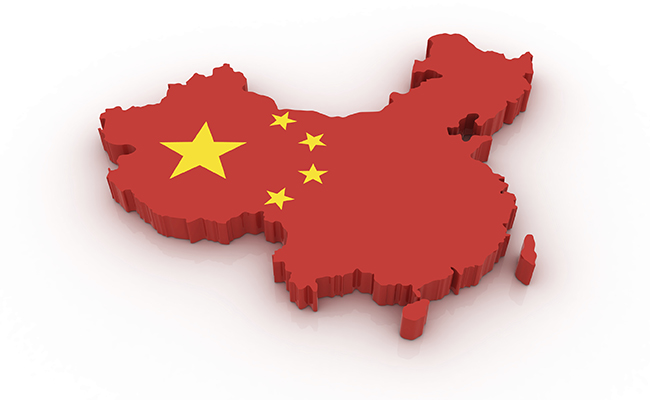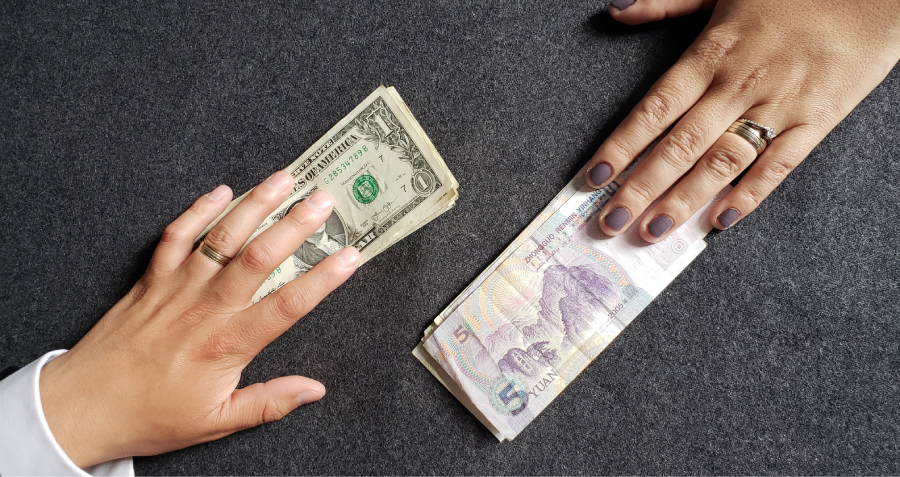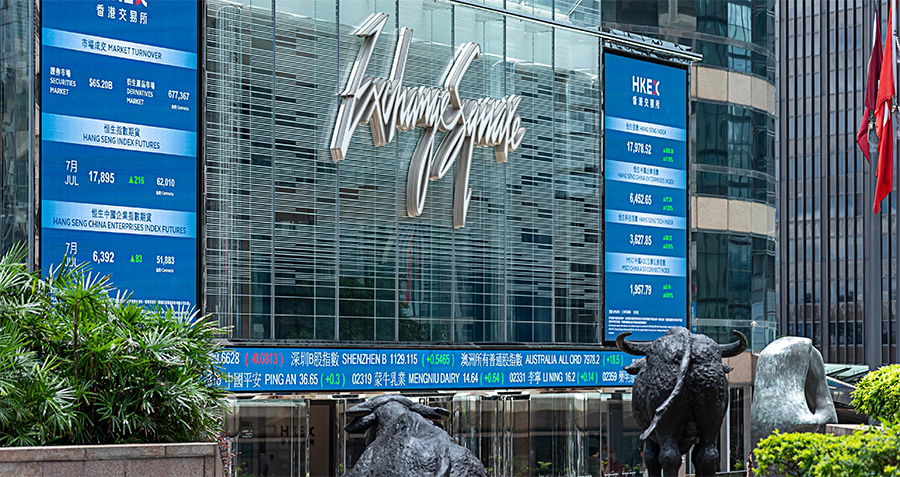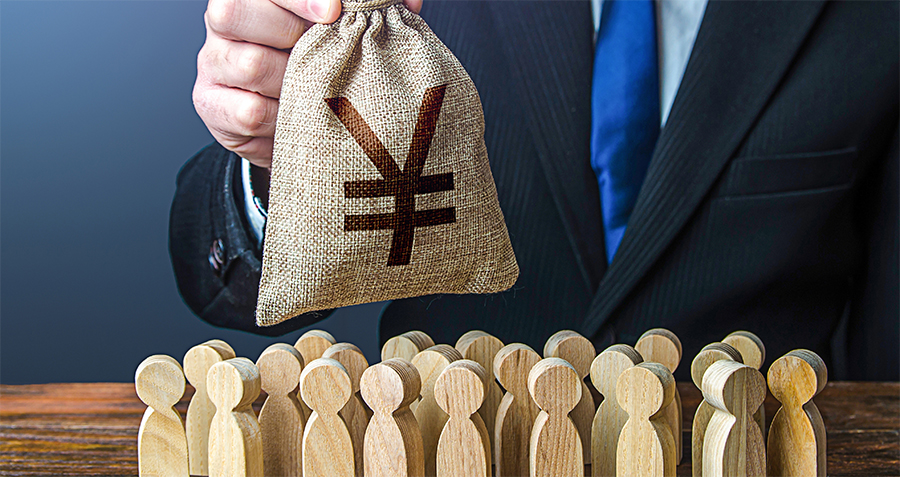The week that was: the Shanghai Stock Exchange will finally end the IPO freeze; British Prime Minister David Cameron brings a slew of business deals to China; and bitcoins come under the scanner.
China to end IPO freeze
There have been no initial public offerings on the Shanghai Stock Exchange since late 2012, but the situation is set to change next month. According to new plans released by China Securities Regulatory Commission (CSRC) over the past weekend, the ban will be lifted in January 2014, giving about 50 companies access to the A share market. There are more than 760 companies in total waiting in line, according to China Daily, and it could take more than a year to finish processing all of their applications.
The decision was announced as part of broader reforms of the current IPO system—a shift from an “approval-based” model to a “register-based” one, which is used by most developed markets. The new system is supposed to streamline the unwieldy listing process, enhance information transparency and better protect retail investors.
Questions remain about whether the reform would bring a scene of prosperity to the anemic capital market in China—the news has pushed the Shanghai SE Composite Index higher in the following days, though it has dropped 0.97% year-to-date. Six months ago it was predicted that the index would rise as much as 12% shortly, while it has only added 1.64% so far.
The long-waited deal between China Mobile and Apple
Hours after China Mobile and two other Chinese mobile companies received 4G licenses from the Ministry of Industry and Information Technology on Wednesday, speculations of a distribution deal between Apple and the world’s largest cellphone carrier by subscribers had already emerged on the media.
On Thursday afternoon, the Wall Street Journal, quoting an anonymous source, reported that a deal had been reached. But by the evening, Reuters had posted an update, citing a spokesperson of China Mobile that the negotiation is still ongoing and there’s “nothing new to announce”.
No matter who will break the official announcement, the deal seems destined this time—six years after the first generation iPhone made its debut, China Mobile is probably the only major mobile company in the world that still doesn’t carry the handset. Network compatibility issues and disagreement on revenue sharing have taken their toll on both companies—China Mobile has lost a large number of users, probably millions, to its much smaller competitors, while iPhone’s market share in China continues to slide.
Expect more flip-flops on the deal in the following weeks—for loyal users of China Mobile, it’s just another old Chinese saying playing out: “A good gain takes long pain .”
The yuan continues to internationalize
The Chinese yuan makes the headline again this week. According to a SWIFT report on Tuesday, the Chinese currency has surpassed the euro to be the second most-used money in trade finance, such as Letters of Credit and Collections. The yuan’s share grew to 8.7% in October, while the euro dropped to 6.6%. The US dollar still ranks first, taking up over 81% of the pie.
The yuan remained the 12th payment currency globally, reported Reuters, with a tiny share of 0.84%.
But this number may continue to rise in the coming years. On Wednesday, Singapore Exchange and Hong Kong Exchanges and Clearing (HKEx) announced a deal of that contains multiple collaborations, with a focus on the promotion of the internationalization of yuan, CNBC reported. According to the story, the two exchanges will work together on technology, product development and regulatory issues.
“As the primary offshore center for the renminbi, I’ve always believed strongly that we’re talking about renminbi internationalization… not Hong Kongization,” said HKEx CEO Charles Li in a statement.
(Also read Stanford economist Ronald McKinnon’s take on the value of the Chinese yuan.)
Details emerge on the Shanghai Free Trade Zone
The People’s Bank of China (PBOC) on Monday published a six-page document (in Chinese), listing 30 guidelines for the experiments in interest rate marketization, capital account convertibility, exchange rate liberalization and regulatory matters.
The announcement did not provide any timetable for the implementation process, but according to the Chinese media, seven banks in the zone, including five of the biggest banks in China, have begun to offer yuan services such as cross-boarder two-way cash-pooling, loans and trade finance on Thursday.
According to South China Morning Post, more financial liberalizations are expected to launch within three months. But the report quoted “local officials” in Shanghai that the 29-square-kilometer zone “would be aimed at boosting the use of yuan abroad rather than encouraging a free inflow of foreign currencies”.
Chinese regulators weigh in on bitcoin
Change happens fast, especially when it’s about government intervention. Last week, the Chinese authorities were still okay with the craziness around the virtual currency, bitcoin, but on Thursday, PBOC and four other ministries and commissions published an announcement that bans financial institutions from trading or clearing bitcoin and warned investors the risks of speculation.
The announcement crashed bitcoin price for 20% temporarily on Thursday, sending the virtual currency’s value back to below $1,000 (it bounced back to above $1,070 as of publishing).
Although the statement ruled that bitcoin “cannot and should not” be used as real currency and circulate on the market, it did not prevent people from exchanging it freely. The document does emphasize continuous monitoring of the bitcoin market and the risk of money laundering it brings.
On the other side of the ocean, bitcoin is enjoying a much cooler breeze. Bank of America, the second-largest bank in the US, became the first major player on Wall Street to value the digital money, giving it a maximum fair value of $1,300 on Thursday.
Love it or hate it, it looks like bitcoin is here to stay, for now.
China signs deals with UK
British Prime Minister David Cameron’s three-day trade mission to China is no doubt highlight of the week—despite some potshots, such as being told that “the UK is no longer a big country” and “return the artefacts looted from Beijing a hundred years ago”, the two countries signed trade deals worth £6 billion as well as 10 cooperative documents relating to various sectors.
One of the deals is between Sinophi Healthcare and Huai’an First People’s Hospital in Jiangsu Province, according to the Financial Times. The contracts involve hospital management and investment worth £120 million, hinting “enormous opportunity” in the Chinese healthcare market for British companies.
Another deal that was covered widely by the press was the export of pig semen to China, which is worth £45 million a year, according to the Guardian. The move means to improve the genetics of Chinese pigs and increase production efficiency, the report said, and the semen will be flown to China, “in frozen and fresh form”, starting the first quarter of 2014.
So the next time you see a pig playing soccer in China, don’t be surprised.
(Image courtesy: iStockphoto)



















